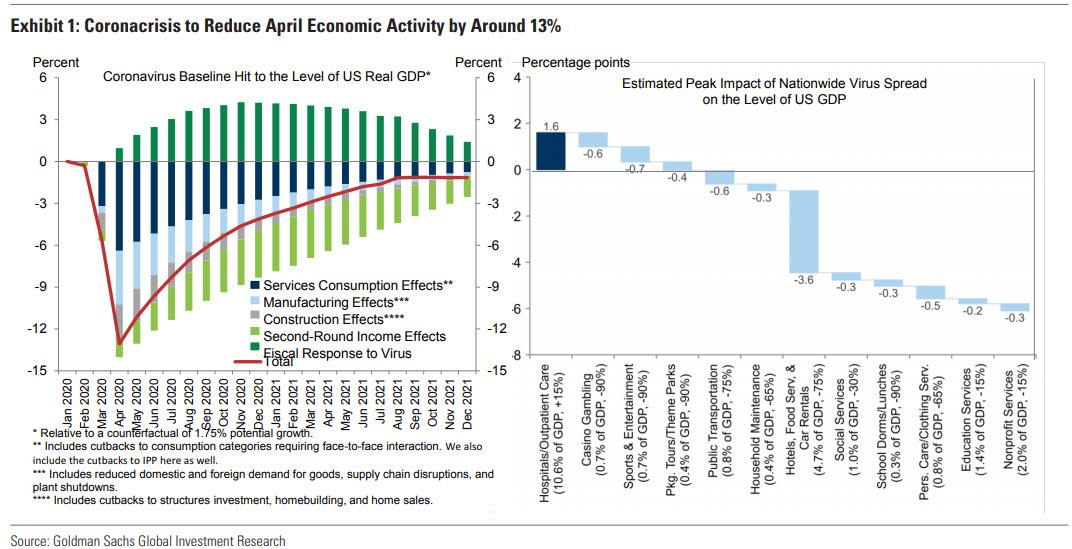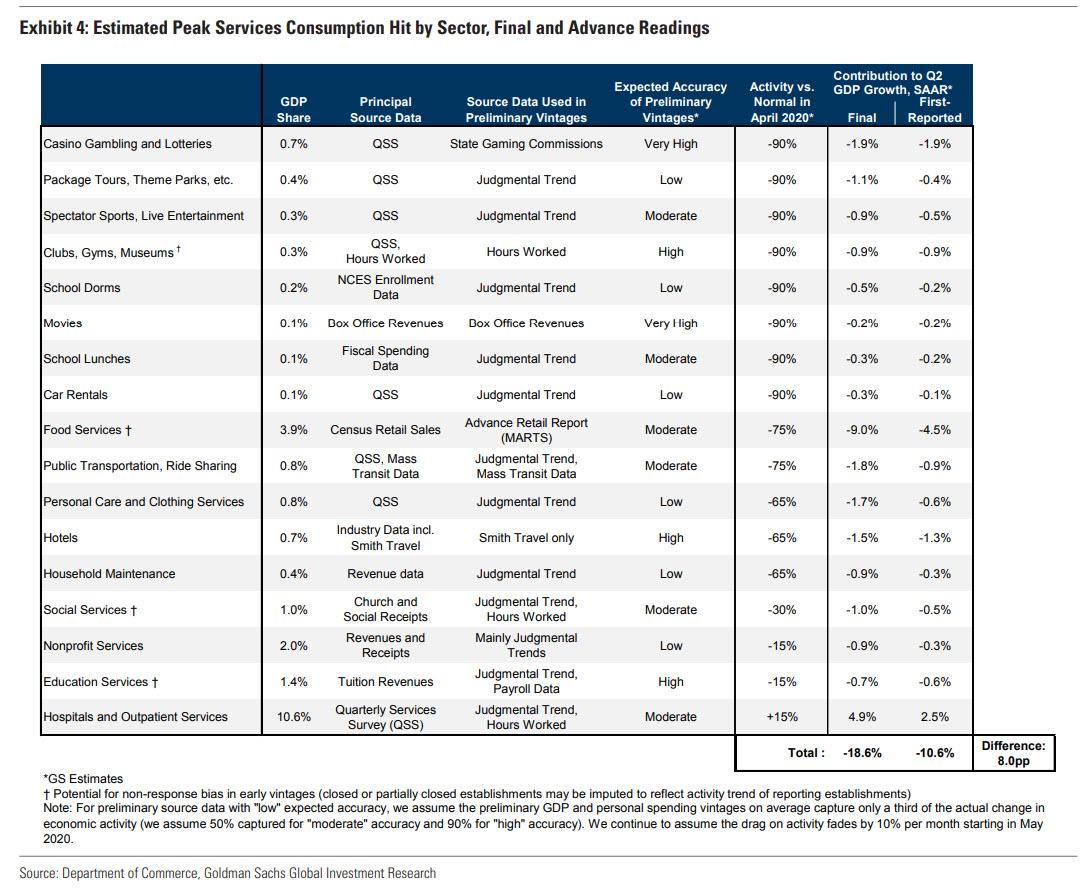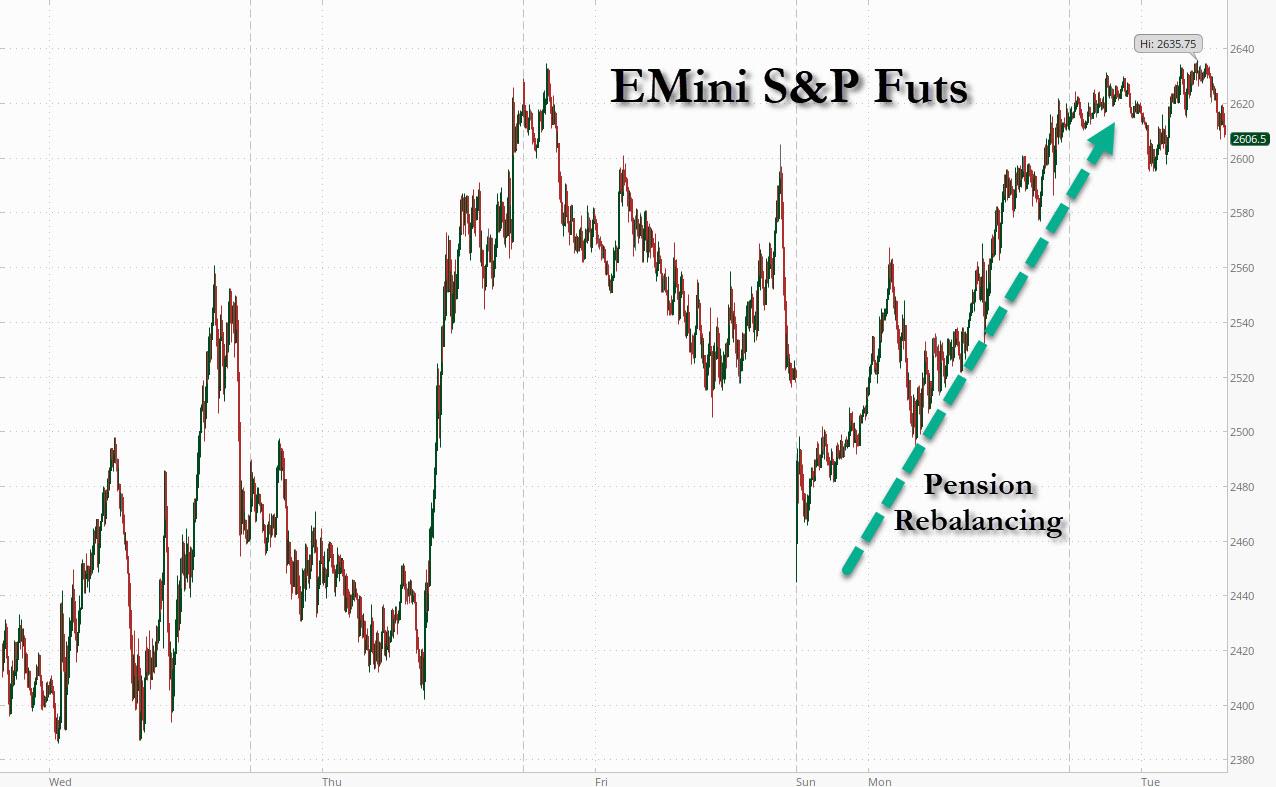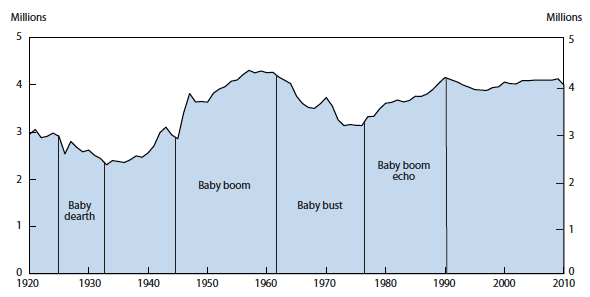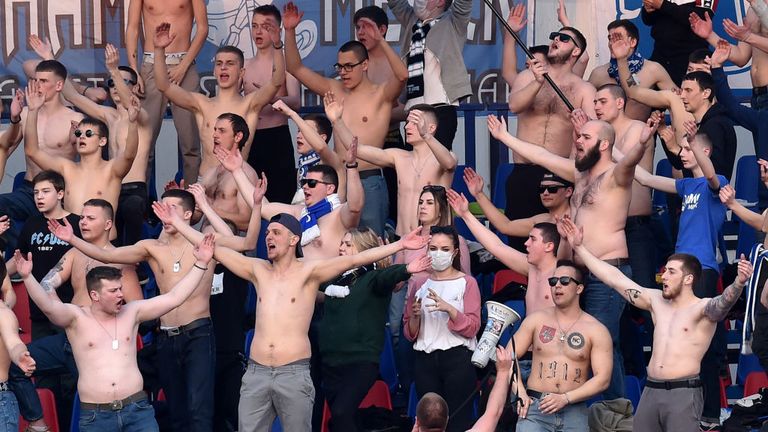From Reuters, March 26:
Like other parts of the global economy, food supply chains have been disrupted by the coronavirus pandemic and empty supermarket shelves have become a symbol of the crisis.....MUCH MORE
ARE WE FACING FOOD SHORTAGES?
Panic buying in some countries has led to some grocery staples like pasta and flour being sold out in supermarkets in recent weeks. Retailers say they are able to replenish most products while bakery and pasta firms in Europe and North America have cranked up production.
Food firms say panic purchases are subsiding once households have stocked up and as they adjust to lockdown routines.
However, shoppers may have to get used to less varied or more local food offerings.
Logistical snags from closed borders to reduced workforces are putting strain on usual supply routes, particularly for fresh produce.
With many planes grounded and ship containers hard to find after the initial coronavirus crisis in China, fruit and vegetable suppliers in Africa warn they are struggling to send goods to Europe.
In Kenya, the recent lockdown measures in China curbed shipments of imported fish, providing a boost to local fishermen but raising the risk of a supply shortage.
IS FOOD GOING TO COST MORE?
Prices of agricultural commodities have been volatile as traders have reacted to specific consequences for their sector while also being influenced by dramatic moves in share and oil prices....
